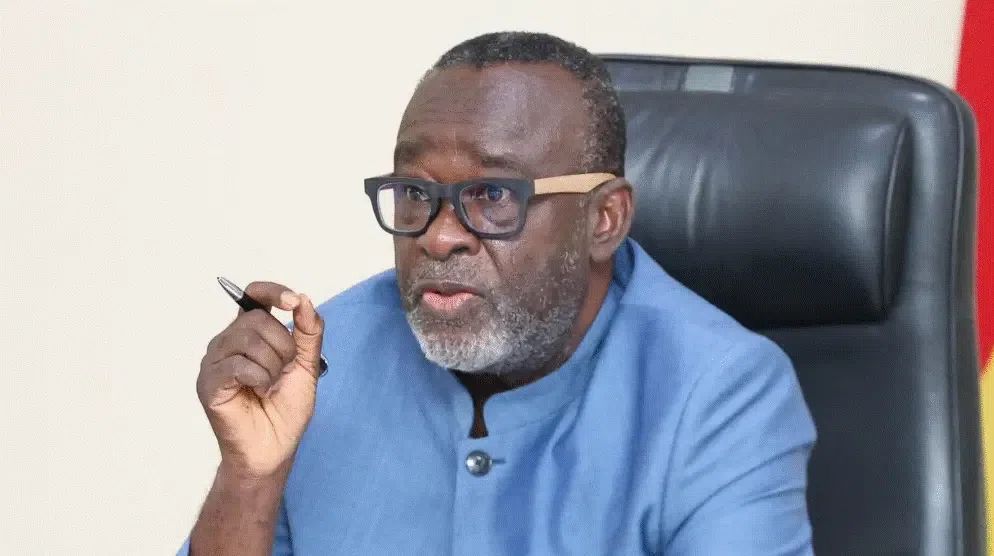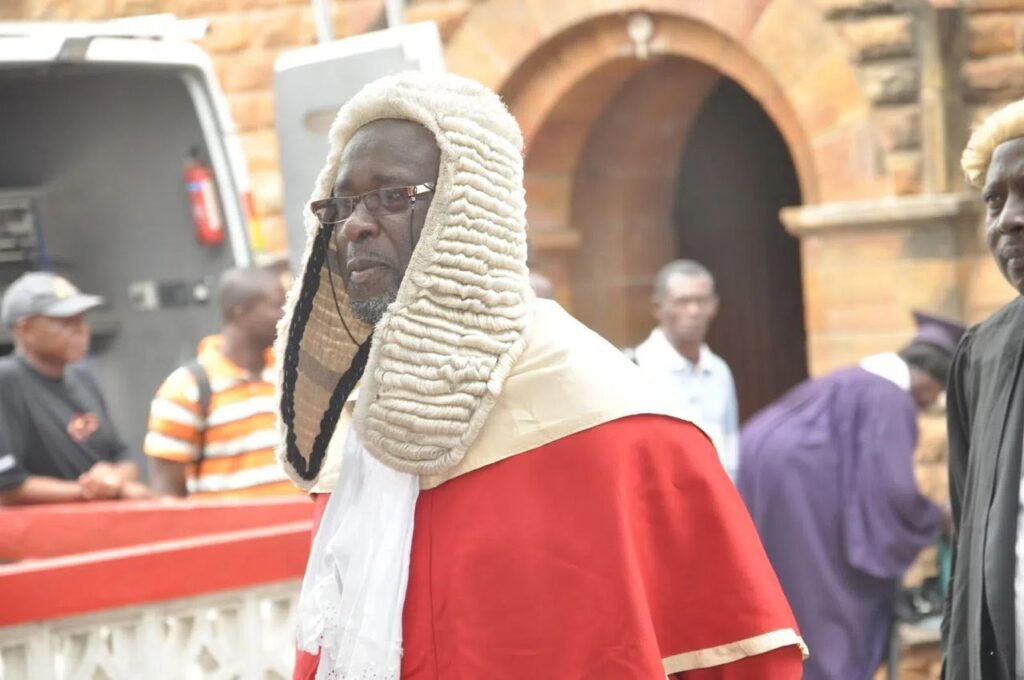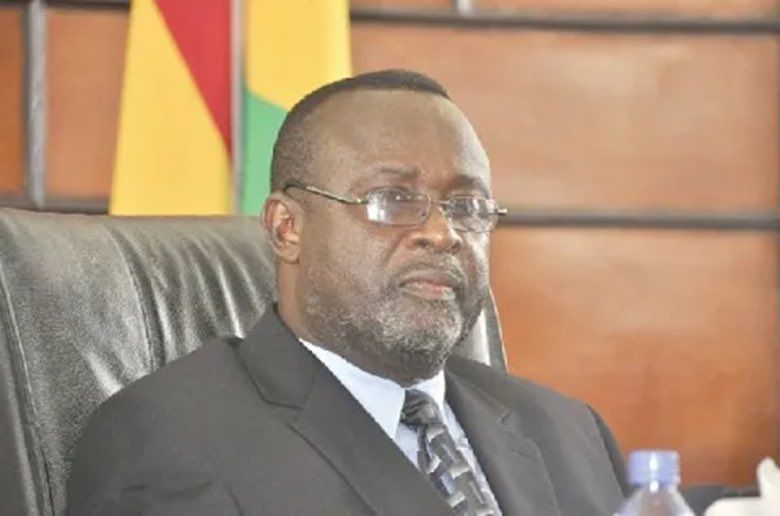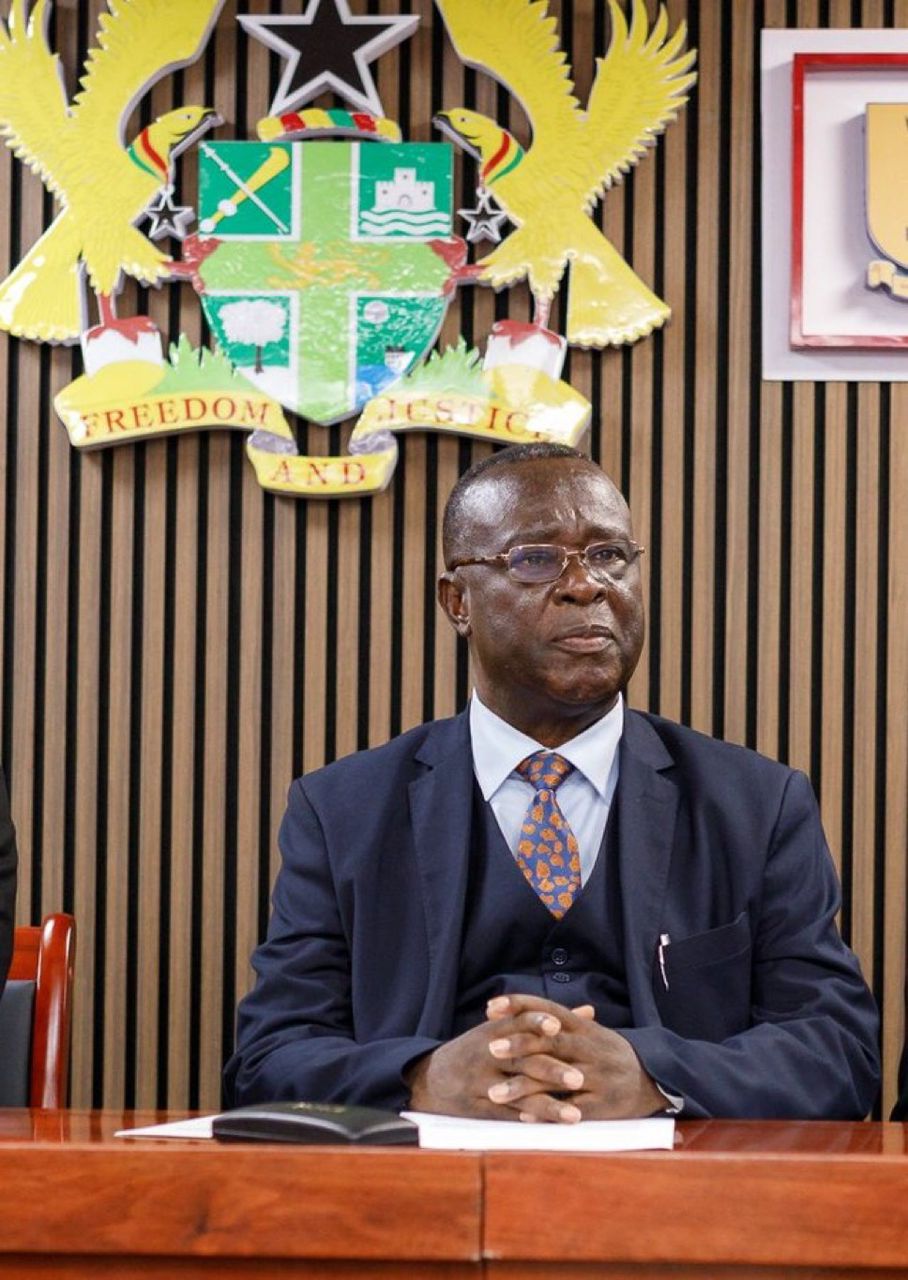Justice Paul Baffoe-Bonnie Nominated as Chief Justice
President John Dramani Mahama has nominated Justice Paul Baffoe-Bonnie for appointment as Ghana’s next Chief Justice. The nomination, announced after the removal of Justice Gertrude Araba Esaaba Sackey Torkornoo earlier this month, has been submitted to the Council of State for consideration.
Justice Baffoe-Bonnie, currently serving as Acting Chief Justice since April 23, 2025, stepped in due to his seniority on the Supreme Court Bench. His nomination comes at a crucial time for Ghana’s judiciary, which is navigating leadership changes amid calls for greater judicial independence and efficiency.
Why the Appointment Matters

The position of Chief Justice is critical to Ghana’s democratic governance. The Chief Justice oversees the Supreme Court, leads judicial reforms, and chairs key bodies such as the Judicial Council and the General Legal Council. Analysts believe Justice Baffoe-Bonnie’s appointment could influence ongoing reforms in legal education, case management, and election adjudication.
For Ghana, where the judiciary often plays a decisive role in election disputes and governance issues, the nomination represents not just a leadership change but also a signal of continuity in judicial administration.
Early Life and Education
Justice Paul Baffoe-Bonnie was born on December 26, 1956, in Goaso, Ahafo Region. He hails from a family deeply rooted in Ashanti and Ahafo traditions. His early education began at Goaso R/C Primary and Middle Schools before he moved to Konongo-Odumasi Secondary School.
He studied law at the University of Ghana, graduating in 1979, and proceeded to the Ghana School of Law, where he qualified as a barrister in 1981. His training included national service at the Ghana United Nations Association and the World Federation of United Nations Associations.
Career Path of Justice Paul Baffoe-Bonnie

Before joining the judiciary, Justice Paul Baffoe-Bonnie worked across law, education, and public administration. He practised law in Sekondi and Kumasi, later serving as Deputy Superintendent of Prisons and as Principal Inspector of Taxes at the Internal Revenue Service, where he headed the Legal Department for the Eastern and Volta Regions.
This diverse background, combining public service and private practice, provided him with practical experience that shaped his approach to judicial work.
Judicial Career
Justice Baffoe-Bonnie joined the bench in 1993 as a Circuit Court Judge in Duayaw Nkwanta. His career progressed steadily, with postings in Kumasi and Sunyani before he joined the Fast Track High Court in Accra. In 2006, he was promoted to the Court of Appeal, and in 2008, he became a Justice of the Supreme Court.
On April 22, 2025, he was appointed Acting Chief Justice, following the suspension of Justice Torkornoo. Since then, he has assumed leadership of the General Legal Council, the Judicial Council, and the Board of Legal Education in an acting capacity.
Leadership and Contributions

Throughout his career, Justice Baffoe-Bonnie has chaired several high-level committees, including the Disciplinary Committee of the General Legal Council and the Election Management Committee of the Judicial Service. He is also credited with spearheading the latest edition of Ghana’s Manual on Election Adjudication, a key reference for handling electoral disputes.
His leadership has extended beyond Ghana, with active participation in judicial conferences across Africa, Europe, Asia, and the United States. He has also trained magistrates and judges locally, especially on election law and alternative dispute resolution.
Broader Significance for Ghana
Legal analysts note that Justice Baffoe-Bonnie’s nomination underscores the importance of continuity in Ghana’s judiciary, especially in a pre-election period. The judiciary’s credibility in managing electoral disputes has been pivotal in maintaining political stability, as witnessed in the 2012 and 2020 presidential election petitions.
Locally, Ghana’s judicial system has faced challenges such as delays in court processes and public concerns over accountability. Justice Baffoe-Bonnie’s experience in case management reforms and disciplinary oversight may shape how these issues are addressed.
Publications and Legacy

Justice Baffoe-Bonnie has contributed to several publications on election adjudication, helping to strengthen Ghana’s legal framework on democratic processes. His role in updating the election adjudication manual in 2008, 2012, 2016, 2020, and 2024 highlights his influence in shaping the judiciary’s preparedness for electoral cases.
His nomination marks the peak of a career spanning over four decades, reflecting a lifelong dedication to law, public service, and the protection of Ghana’s democratic institutions.
Closing Insight
If approved by the Council of State, Justice Paul Baffoe-Bonnie will formally assume the role of Ghana’s 15th Chief Justice. His leadership will be tested by the need to balance judicial reforms with public trust at a time when the judiciary continues to play a central role in Ghana’s democratic journey.
Read also: Accra Mayor Directs Schools to Display “Oobakɛ” to Boost Ga Language Preservation

